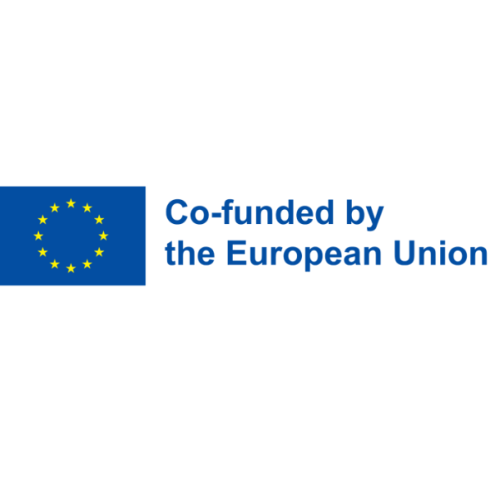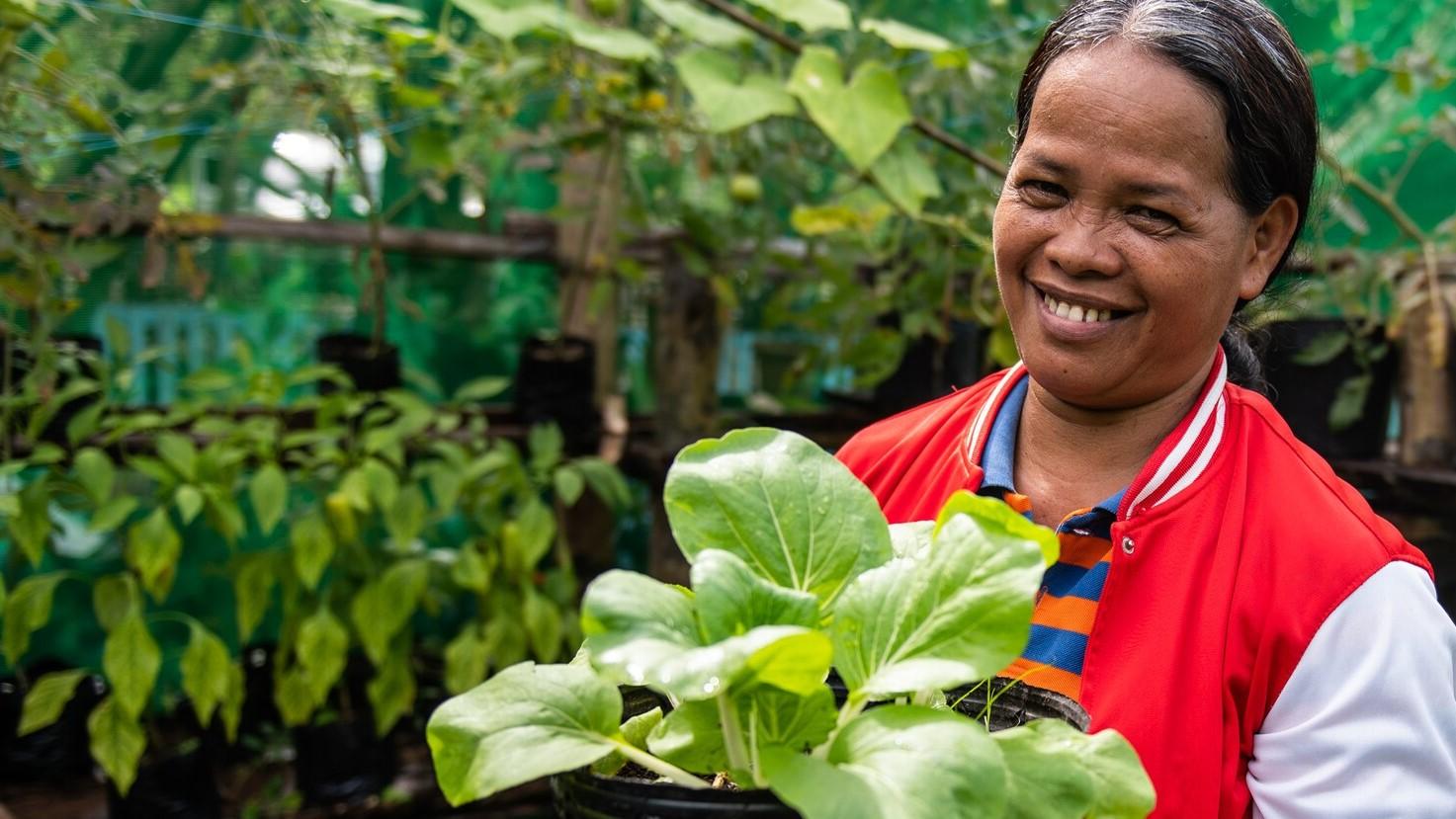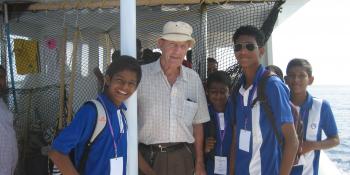Vy Mok, a 56-year-old farmer from Cambodia, attended an agro-processing workshop through the Rural Employment for COVID-19 Economic Recovery (RECOVER) project, and is now supporting her family through her juice making business.
She and her husband have three married daughters. Vy’s multi-generational family has 15 members, including her seven grandchildren. They live in Soursdey commune, Ta Loas village, Moung Ruessei district, Battambang province of Cambodia.
Vy has a special passion for supporting her young grandchildren’s education and improving her family’s financial stability. Two of Vy’s daughters had been migrant workers in Thailand, but now she and all three daughters run a small family shop and have expanding into agro-processing, thanks the RECOVER project.
Before COVID-19, and the RECOVER project, Vy’s daughters were working in Thailand and sending home money regularly. But, with the onset of the pandemic, the family was plunged into a deep financial crisis. Her daughters lost their jobs and returned to Cambodia. The family had difficulties buying enough food to eat and medical challenges compounded their problems. Vy and her grandchildren became ill, and one of her daughters needed surgery.
COVID-19 left my family really struggling. My grandchildren and I were all sick. I could not do any work in my rice paddy. Our family went through a terrible crisis. My two daughters in Thailand lost their jobs and the third needed surgery. We had so many problems all at once! And those difficulties were not just in my own family, the whole community was suffering too.”
Fortunately, the RECOVER project came to the community at the right time. After hearing about the project, Vy excitedly registered for agro-processing training, and had her daughters do so too. The training was presented by local technical and vocational education and training (TVET) trainers, supported by VSO staff and volunteers. Vy is now applying for a RECOVER project grant to upgrade her food processing space and get better equipment so she can increase her production and grow her business.
I cannot thank VSO enough for coming to my community with the RECOVER project. Now we don’t need to migrate to feed our families!"
Vy and her daughters learned how to make pumpkin juice and green soybean juice. They now earn around 50,000 riels per day ($12.50 USD), or around 1,500,000 riels ($375 USD) per month selling their juice from their small shop and walking around their community.
“My family life is now 60% to 70% better off than before! I am so happy. Now I can afford to buy my grandchildren a bike to ride to school” says Vy.

About RECOVER
The Rural Employment for COVID-19 Economic Recovery (RECOVER) project is a three-year project co-funded by the European Union (EU), running from January 2021 to December 2023.
The project aims to contribute to inclusive economic recovery in the Tonle Sap region by improving food security, income and employment opportunities for fishing and farming communities and returnee labour migrants. The project is implemented in consortium with partners DanChurch Aid (DCA) and People In Need (PIN).

Support us with a donation
Read more

Transforming lives through education: Geoffrey’s VSO legacy
With a deep belief in the transformative power of education, Geoffrey from Norfolk, UK, has devoted his life both in the UK and abroad to making education more accessible for all.
